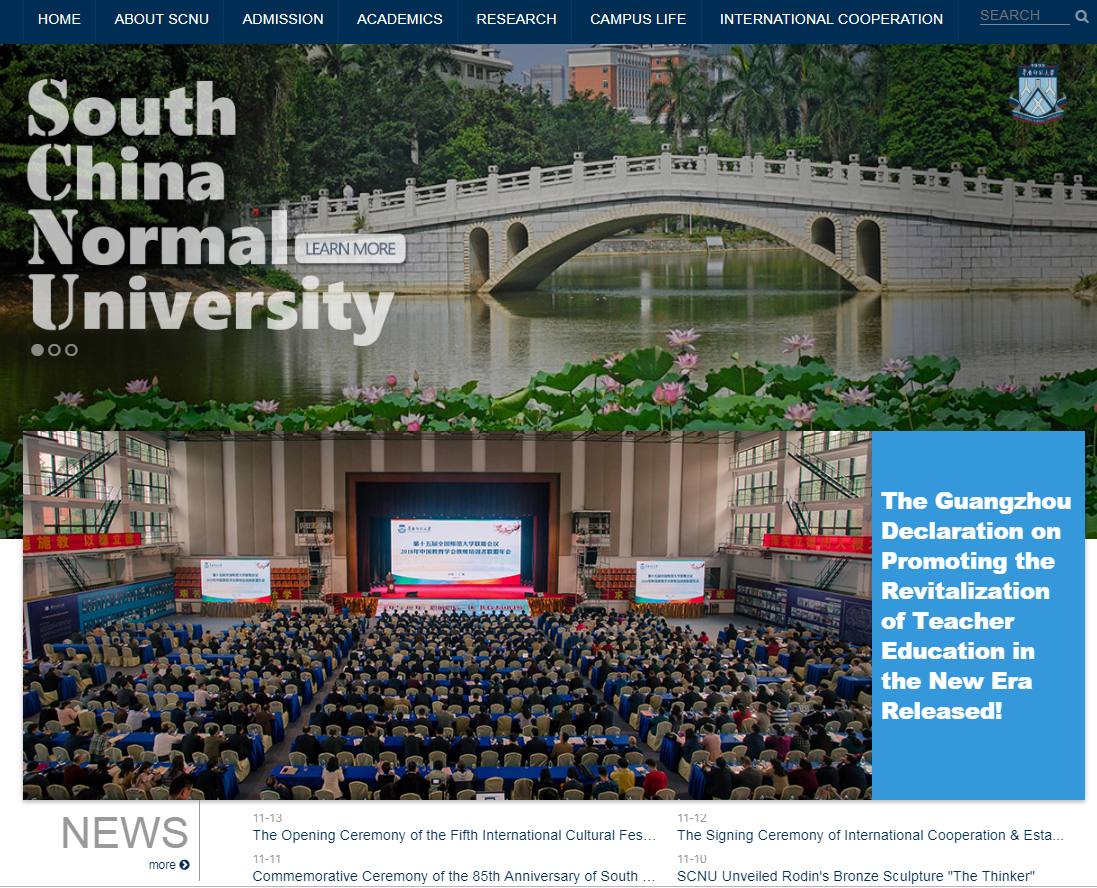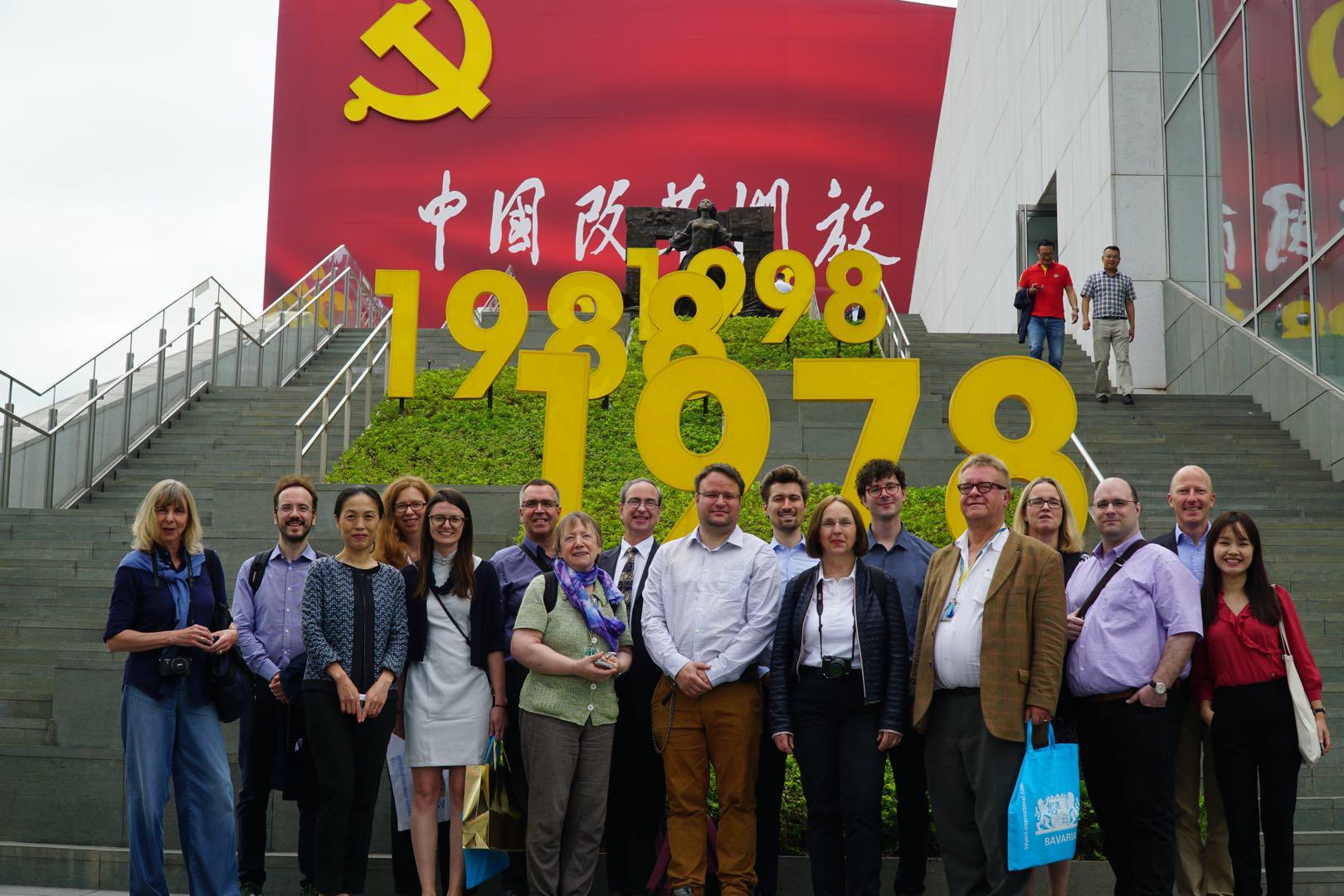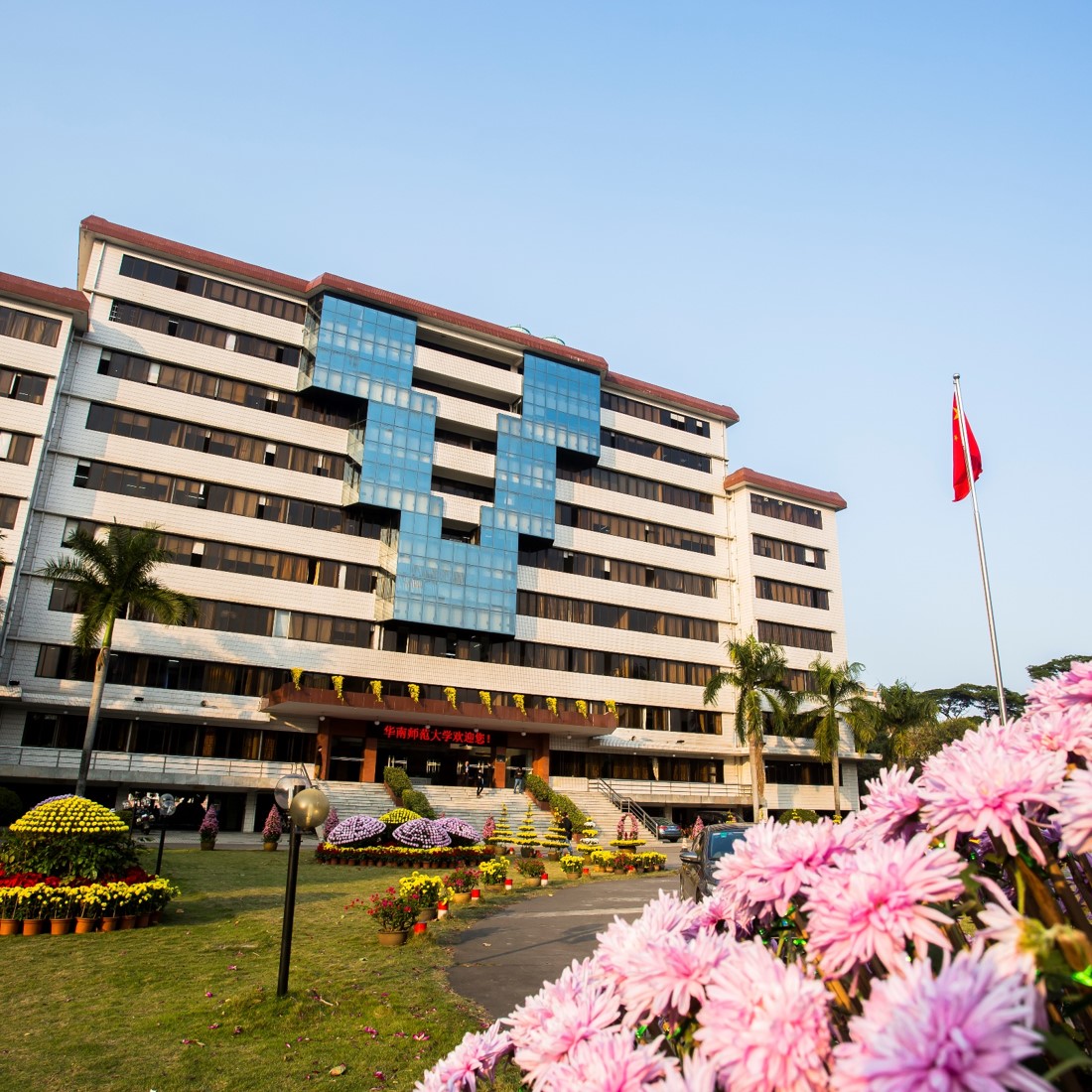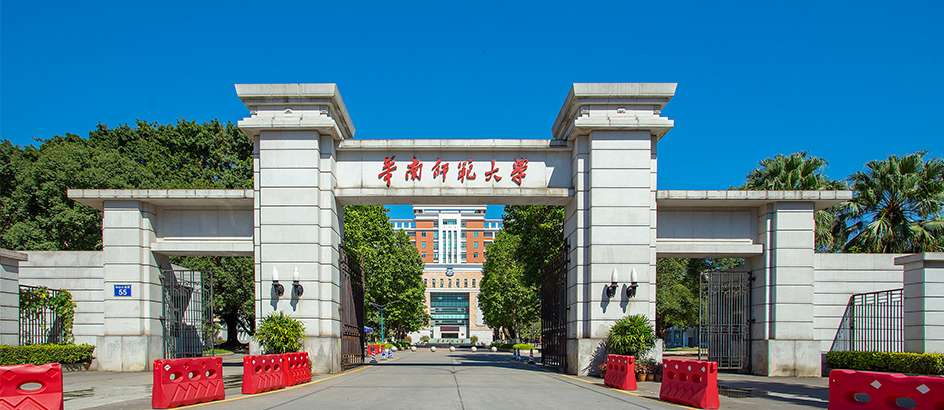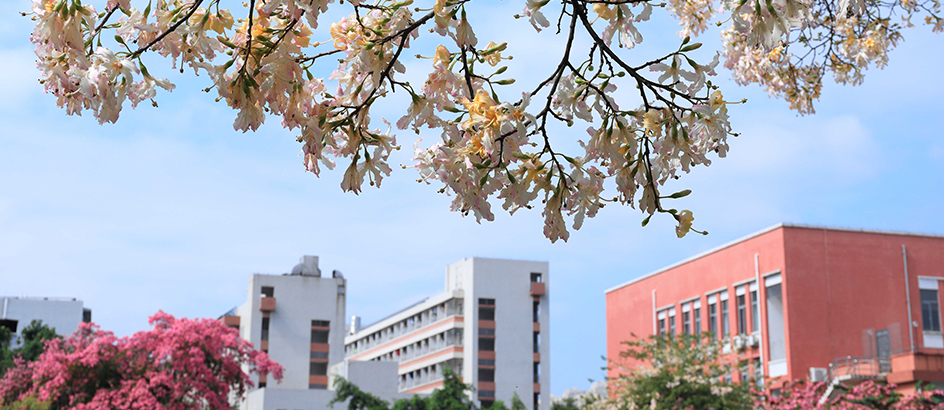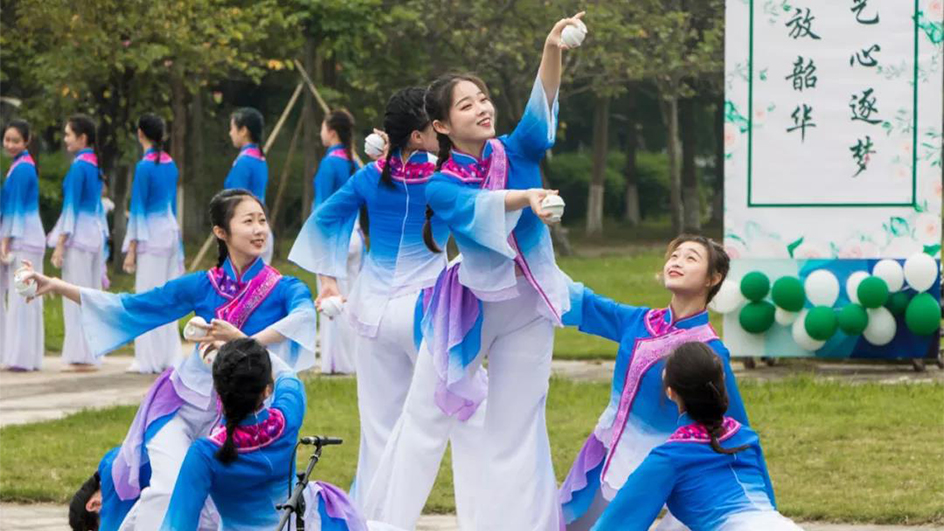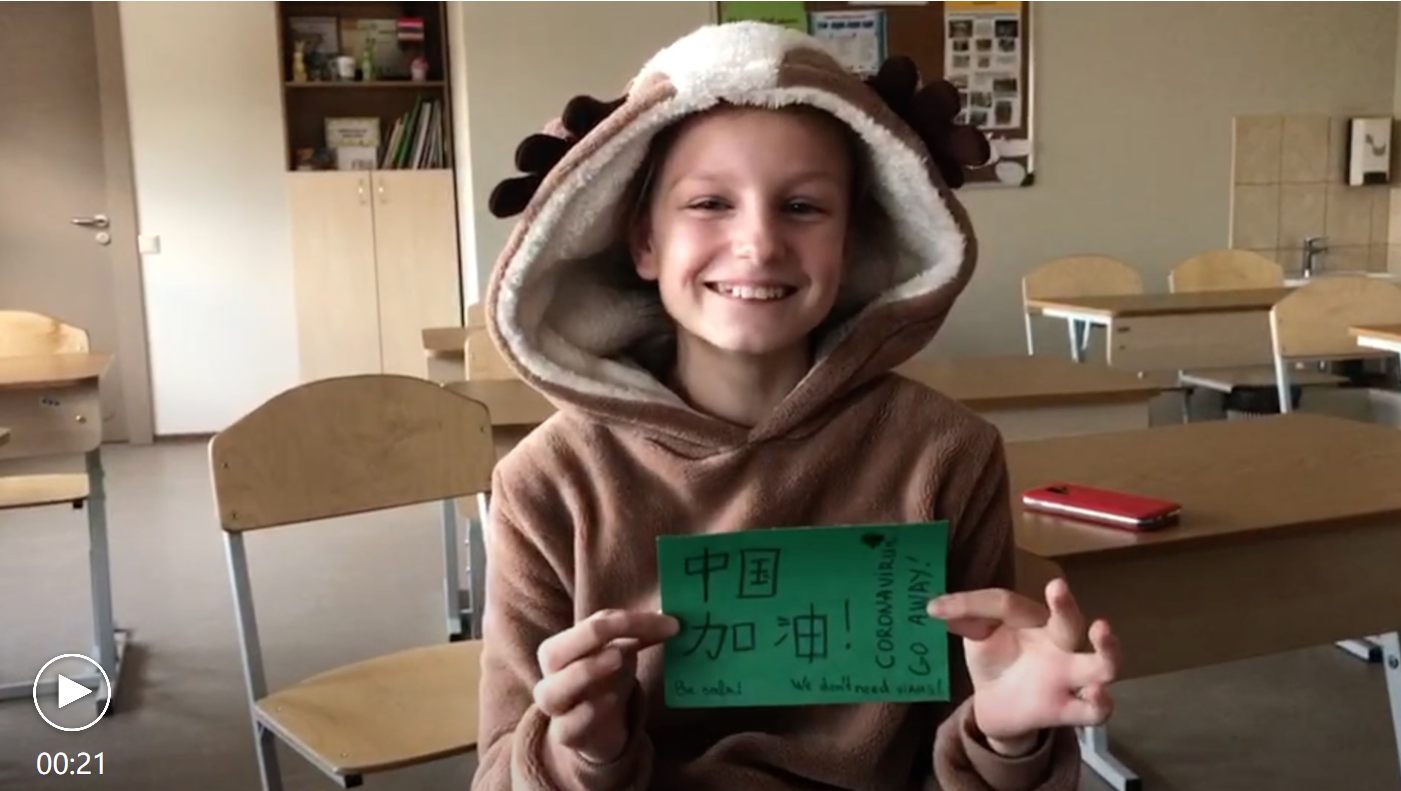
Likes
Ma Maojun, a professor at the School of Chinese Language & Literature of SCNU, lectured in the Lecture Room program on the Chinese national television channel CCTV-10 on March 31. It's the third time that Professor Ma lectured on this TV program. Ma, who excels in blending daily life and academic research, exemplifies his principles of "transforming life into research" and "preserving research in life".

Professor Ma lectures in the Lecture Room program of CCTV-10.
Transforming life into research: illustrating theory in a vivid way
In the Lecture Room program, Ma talks about famous figures of the Song dynasty and introduces the diet revolution as well as eating etiquette of the Song dynasty, presenting Song dynasty culture in a vivid and lively way. Ma first spoke about bean sprouts as an introduction to his talk about the diet revolution of the Song dynasty. This natural and close-to-life lecture reflects Ma's principle of "transforming life into research". Ma advocates combining daily life with academic research, considering research and life as "the two sides of the same coin", which boost each other.
Transforming life into research is to discover the academic knowledge in daily life. In the TV program Ma chooses a plain and vivid way to give his lecture. Thus the audience of the Lecture Room, who are not scholars, may better understand the content. However, since most of the audience have received higher education and are able to understand the theoretical knowledge. Ma also tries to keep the lecture theoretical, "I need to ensure the lecture is as vivid and attractive as possible; meanwhile, I couldn't leave the theoretical knowledge all behind."
As one of the "four great Chinese food inventions", Ma mentioned, bean sprouts are at a lower price as compared with other food. Its growth is less affected by seasonal factors. Bean sprouts are more accessible than other vegetables in winter for residents in China's north. In addition, they contain more trace elements than beans, which is beneficial for people's health. These factors made bean sprouts an important part of the diet of Chinese people during the Song dynasty.
Ma's plain and natural illustration deepened the audience's understanding of the increase in the vegetable category and the changing tendency of dietary taste during the Song dynasty.
Beyond the everyday example, he added theoretical knowledge to the lecture and led the audience to acquire more specific historical knowledge. Ma showed that scholars played a crucial role in the diet transformation of the Song dynasty. The dietary taste at that time, especially that of intellectuals, was to prefer bland food, and eat vegetables, which matched their pursuit of inner peace. These people acquired prestige as they served in office, developing a strong scholar-official class which had a say in ruling the society. The discourse power of food tasting was therefore gradually transferred to the scholar-official class, contributing to the social preference for a bland diet.
The seemingly boring theoretical knowledge is made more interesting, easier to understand, and more impressive based on daily instances, according to Ma. "I hope that the theoretical knowledge will encourage the audience's reflection on history. Hopefully, they could ponder over the inner relations between historical things and form their unique views about history."
Preserving research in life: living with the problem consciousness
Ma bases his vivid and in-depth lecture on extensive searching and critical reflection. Whether conducting research and teaching at school or lecturing at the Lecture Room program, all these embody Ma's principle of "preserving research in life".
According to Ma, three essentials make his academic life: rich materials, problem consciousness and interesting lecturing. He approves of long-term and day-to-day research; meanwhile, problem consciousness is the key.
Ma preserves one hour of reading and learning every day and keeps on researching as usual even during the Spring Festival. While setting the topic for this program lecture, he keeps reading extensively, searching both historical materials and former research, to ensure a wide perspective and a sense of novelty.
Ma found that the development of woks (锅, cooking pots) resulted in a new cooking method "sautéing" at a time when the Song people usually cooked by boiling and grilling. This new cooking method then rendered a diet with more characteristics of Han people instead of being influenced by the nomadic people around ancient China. He then took "sautéing" as a clue for his lecture and ultimately set the topic as the diet revolution in the Song dynasty. "History is brimming with vivid details, and any of them could be a topic or problem. This was helpful when I was choosing the topic of my program lecture," said Ma.
The Lecture Room program is a lecture-style TV program broadcast on CCTV-10, which is the science and education-focused channel of China Central Television (CCTV), the national TV broadcaster. Striving to "make experts and scholars service ordinary people", this TV program delivers lectures on diverse topics, including culture, biology, medical science, economy and military affairs. Its focus has gradually changed, as recent programs focus more on Chinese history and culture. This TV program has popularized historical knowledge in China.
Ma lectured at the Lecture Room program of CCTV-10 twice in 2016 and 2021 and introduced several famous figures of the Song dynasty such as Zhao Pu, Su Shi, Wang Anshi, and so on.
Source from SCNU News Center
Translated by Li Jun, Luo Xiaoying
Proofread by Edwin Baak
Edited by Li Jianru
What to read next:


